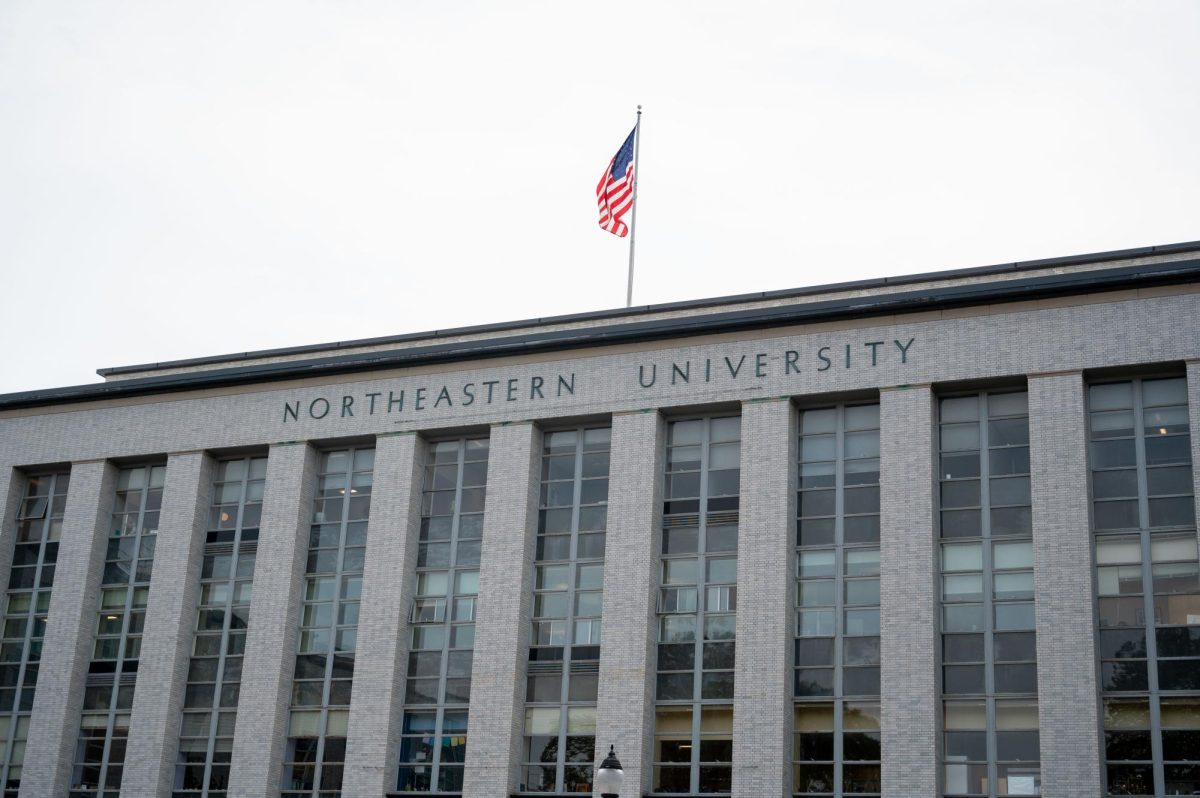General Wesley K. Clark announced his official candidacy on Wednesday, Sept. 17, 2003. No matter what your political affiliation, the current democratic primary race just got a whole lot more interesting.
The previous nine democratic candidates leave much to be desired when it comes to the punch: beating President George W. Bush in the 2004 presidential election. Comedian Jon Stewart of Comedy Central’s “The Daily Show” got it just about right when he said few voters could keep the candidates (let alone the issues) straight.
Nothing stands out about any of them to the average voter. So former Vermont Governor Howard Dean is anti-war; Joe Lieberman promises health care to every child; John Edwards will make college free for students working 10 hours per week; Dick Gephardt will repeal the Bush tax cuts; John Kerry will give America its three million jobs back; and the other candidates merge into oblivion.
Big deal. America wants to know, “Who’s going to beat Dubya?”
The latest polls show Dean, Gephardt and Kerry vying for top contender. All three are experienced politicians: Dean a former governor, Gephardt a U.S. Congressman and former House Minority Leader and Kerry a current U.S. Senator. Dean and Kerry are battling for New Hampshire to show to the country that they are New England’s choice for president. Kerry is touting his military career while Dean touts his criticism of the president. Many think Gephardt will emerge as the party favorite. But, all I hear is blah, blah, blah. I want to know “Who’s going to beat Dubya?”
Enter Gen. Wesley K. Clark. Clark is just that, a general. In a time of nervousness with the ongoing war on terrorism, the second Gulf War, increased violence in Israel and an unstable North Korea weapons program, Clark brings security and a respected title. He’s not a politician. And, he may be just what the Democratic Party is looking for.
Clark clearly has a backbone. He does not support the war in Iraq. He criticizes the administration for its claim of a link between Saddam and September 11. He also takes the president to task over its military strategy in Iraq and its treatment of prisoners held for possible terrorist links. Clark also thinks the controversial Patriot Act merits review for its possible override on civil rights. Clark has been criticizing the president all along on Sunday news programs and CNN. He has not changed his message to match another candidate’s political success. So far, so good.
On domestic and social issues, Clark has not been so outspoken. Over the last year, loyal supporters have created “draft Clark” Web sites, urging Clark to run. According to two of these Web sites, draftwesleyclark.com and www.draftclark.com, Clark is against drilling for oil in the Arctic Refuge and against Bush’s tax cuts. On the social issues, he is pro-choice, pro-gay partnership — but not marriage — and pro-states rights in gun ownership. He still has some work to do in explaining these issues, but he just entered the race this week. He has time.
Clark’s distinguished military career alone makes him memorable. In addition to being a four-star general, he was NATO Supreme Allied Commander from 1997-2000 and was instrumental in U.S. military strategic planning during his 33 years of service. He has also received numerous military awards, including the Presidential Medal of Freedom in 2000, the highest civilian award given for, “outstanding contributions to the security or national interest of the United States or to world peace, or those who have made a significant public or private accomplishment.”
He knows foreign policy. In that, he beats Dubya.
He also beats Dubya in academic accomplishments. CNN often introduces him as a Rhodes Scholar at Oxford University with a Master’s degree in philosophy, politics and economics. He was also a 1966 graduate from West Point and was a professor of economics there. He is someone who takes education and knowledge seriously. He beats Dubya there too.
All this is known and remembered of Clark in only a few days of his official announcement of candidacy in Little Rock, Ark. In the next few months, his opponents will have time to dig into his background in efforts to strip him of the honor and integrity currently bestowed upon him by his supporters. Clark has already earned the ire of top republicans, who claim his criticisms are nothing more than bombastic aspirations toward the presidency.
Maybe they’re right and Clark is only a mirage. Maybe he’ll soon join the ranks of the other democratic candidates and sink into our subconscious. Maybe.
But, maybe his opponents sense that he is the only candidate with enough respect, legitimacy and popularity to beat Dubya. Just maybe.
-Angela Palmer is a journalism graduate student.









